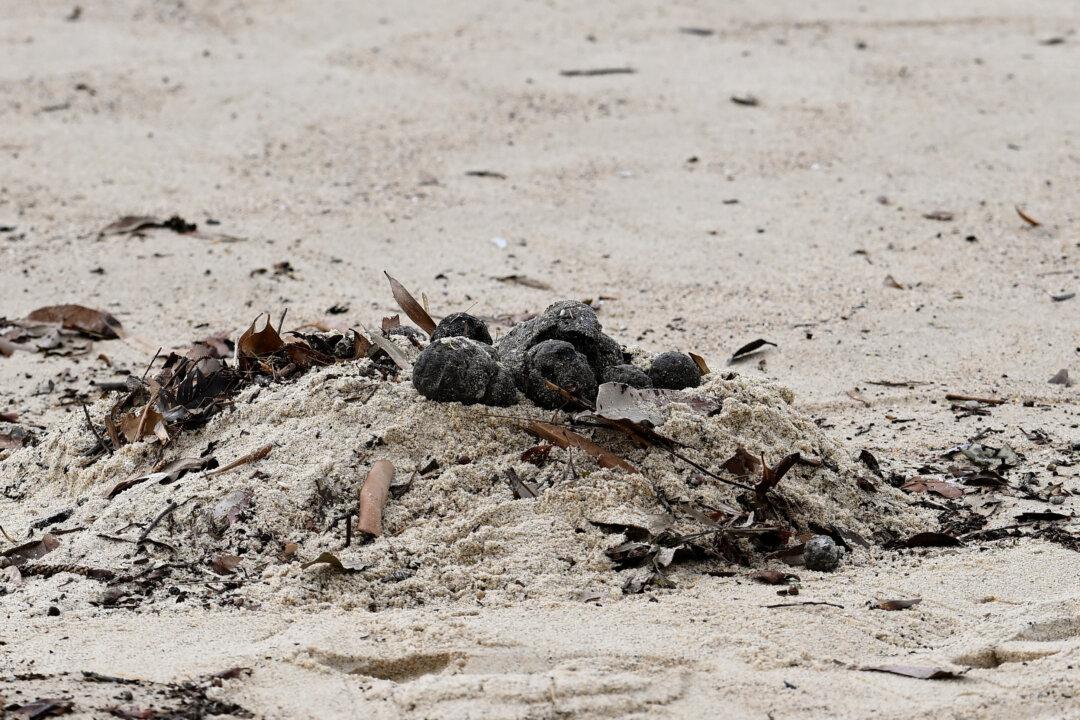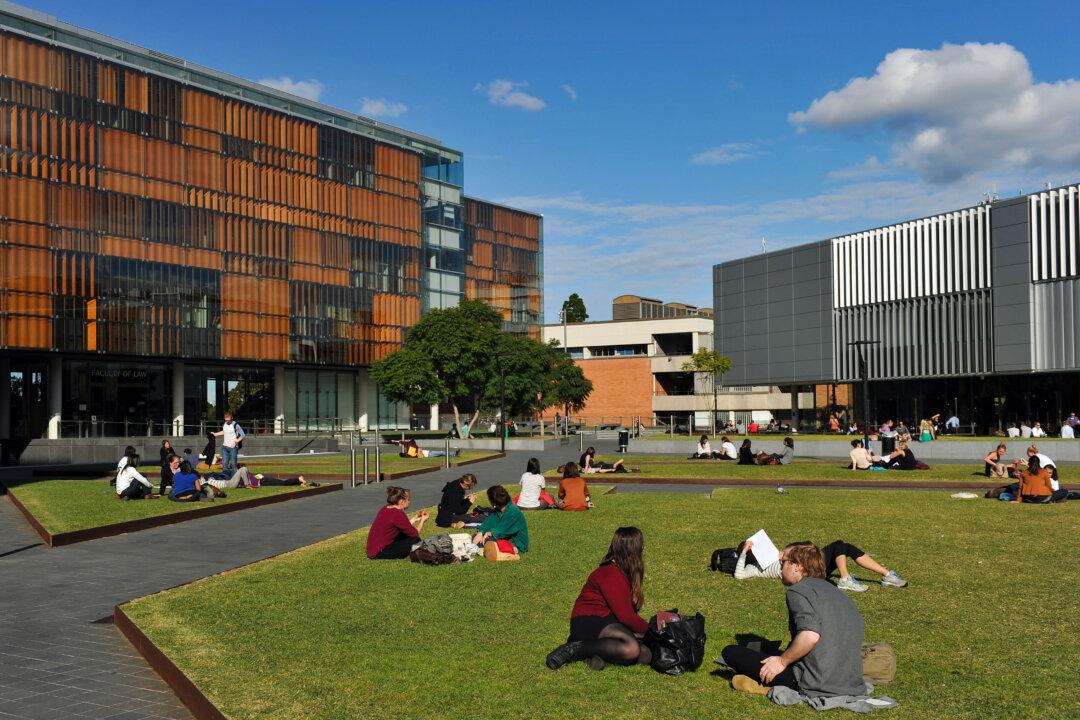Mysterious black globules have led to shutting down of Sydney’s beaches, as authorities initiate a significant clean-up operation.
The balls, which resemble golf balls in size, were first spotted at Coogee Beach. Later, they were found at most beaches in eastern Sydney, including the world-famous Bondi and many others, including Clovelly, Maroubra, Tamarama, Bronte, Malabar, Little Bay, Congwong, and Frenchmans.





